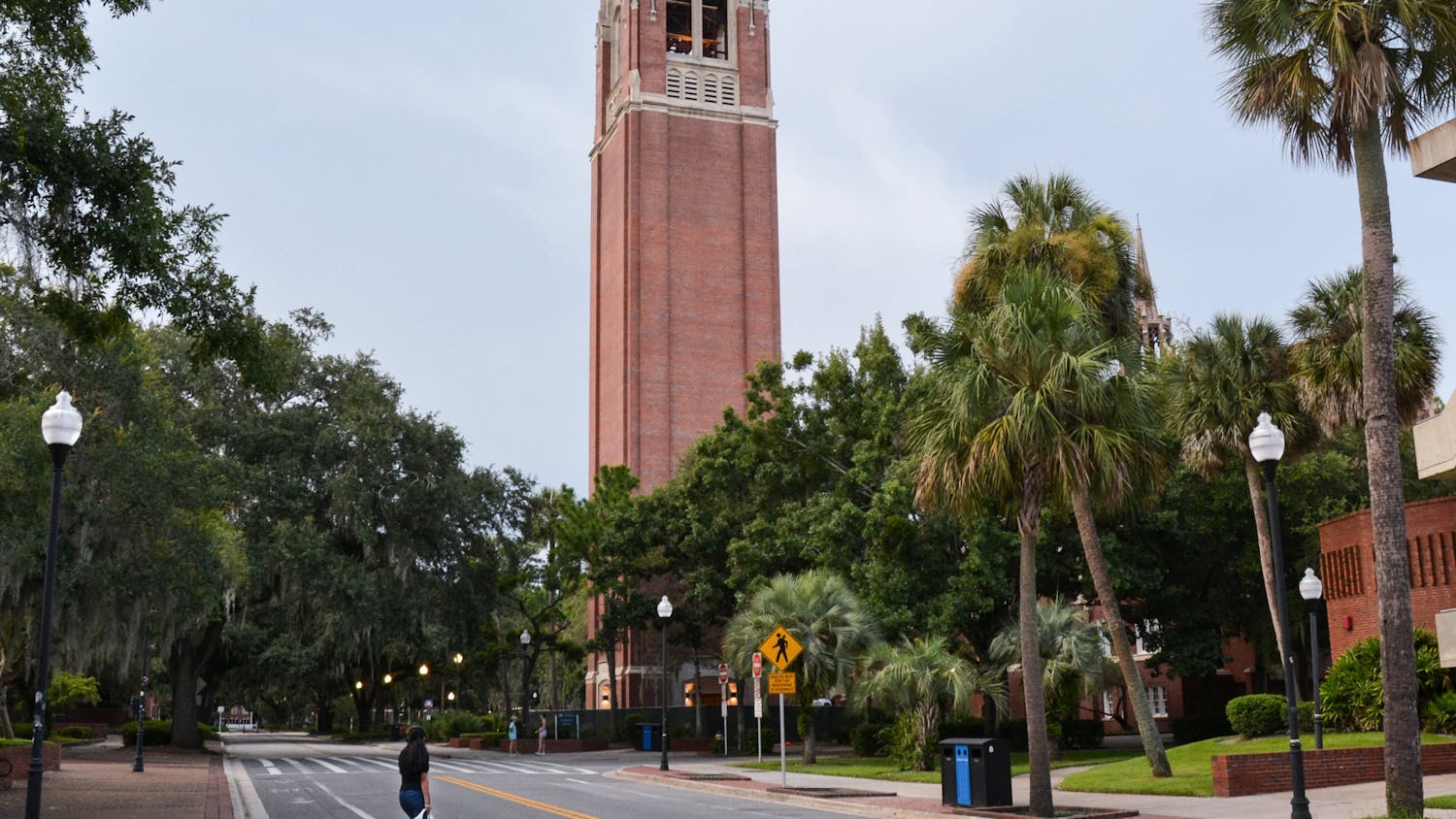I enjoy being in college, but it can be stressful at times. After a long semester of studying, I like to let loose, have fun and see new places via traveling. The problem is that travel is expensive nowadays. You have to be creative and resourceful if you want to save money on things like airfare, accommodations and the day-to-day expenses of being on the road.
I’ve gone traveling several times throughout the past four years, and I’ve been to nine countries in Europe. I carry about 10 pounds of gear when I backpack across the continent, and I spend about $50 a day, which includes lodging. Tickets for planes and trains usually add up to about $2,000 or a little less.
If you plan your trip and research ways to save money, then you can have lots of fun traveling — even on a limited budget.
Handling Your Finances While Traveling:
Invest in a credit card: When you travel, you have to take very good care of your money because chances are you don’t have much of it. According to the www.creditcardinsider.com, one thing that helps young travelers is having a credit card on hand. It is very useful during these times because you never know when you might run out of cash in a foreign country. Fortunately, ATMs are everywhere, so your card can be a good safety net for you while you’re gone.
Last year I wanted to go backpacking around Europe but didn’t have the money to do so. I had saved up some money from working part time but not nearly enough to fund an international trip. So I took a friend’s advice and applied for a student credit card. This allowed me to travel for a whole month and not worry about running out of money, exchange rates — they are figured in automatically — and pickpocketers looking for people with cash.
Now, I’m not suggesting that all travelers need a credit card, but it has a lot of perks that have helped me with my vagabond experiences as a frugal traveler.
Cheap Accommodations, From Hotels to Hostels:
Hotels can be expensive, so I never end up staying in one when I travel. Even so-called budget hotels often cost more than $100 per night, and this can quickly strain the budget of any college student. Instead, I always try to stay at youth hostels.
You can research hostels online or in travel books, or you can compare a group of hostels on various sites. This will also let you easily locate the nearest hostel wherever you are. Most hostels charge very reasonable rates — usually less than $40 per night. I would recommend trying to find one outside the city limits as they are even cheaper.
Hostels differ in terms of size, amenities and conditions. Some may be filled up during popular travel seasons, so it’s a good idea to book in advance. If you arrive at the last minute hoping to find a room, you are gambling.
Hostels are great places to meet other travelers and will often have coupons to help you save on food and beverages. They are usually centrally located — near train stations or city centers.
Working While Traveling:
It’s not as simple as applying overseas. If you want to travel for an extended period of time, such as the whole summer, you may want to work in order to make some spending money. However, as in most countries, you need a work visa to legally work. Yet there are usually opportunities to pick up casual work. This depends on the place and time of year of course, but restaurants and bars are great spots for students.
Another possibility in some places is tutoring students in English. This is especially true in Asian countries, where English teachers are in high demand. While official jobs usually have to be arranged ahead of time, you can often find casual jobs by introducing yourself to a bar owner or to the manager at your hostel. I have tried this several times, and it can be done.





